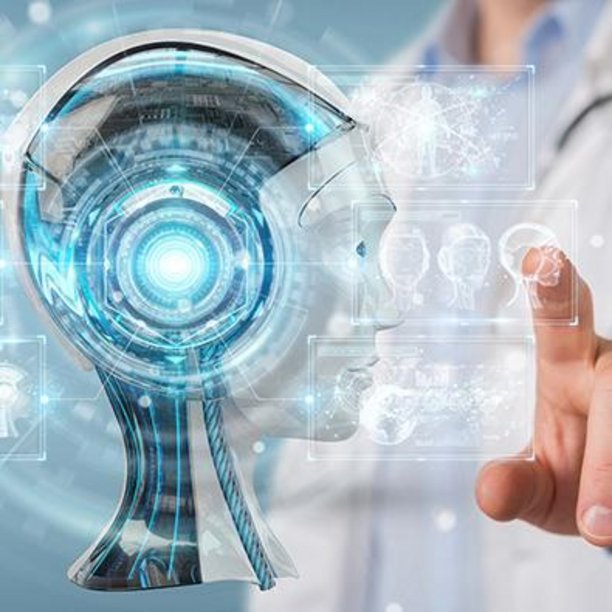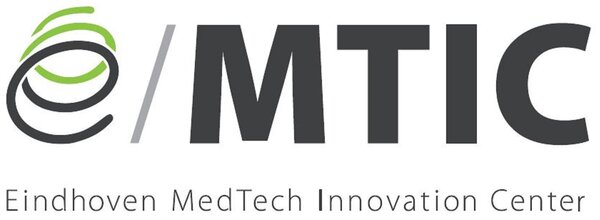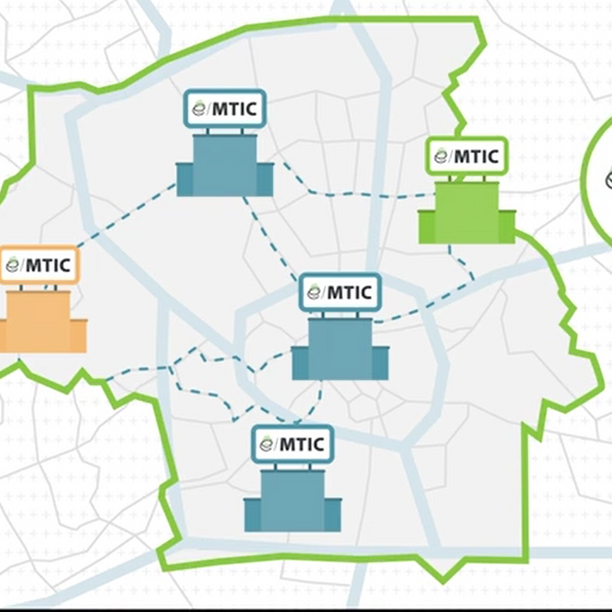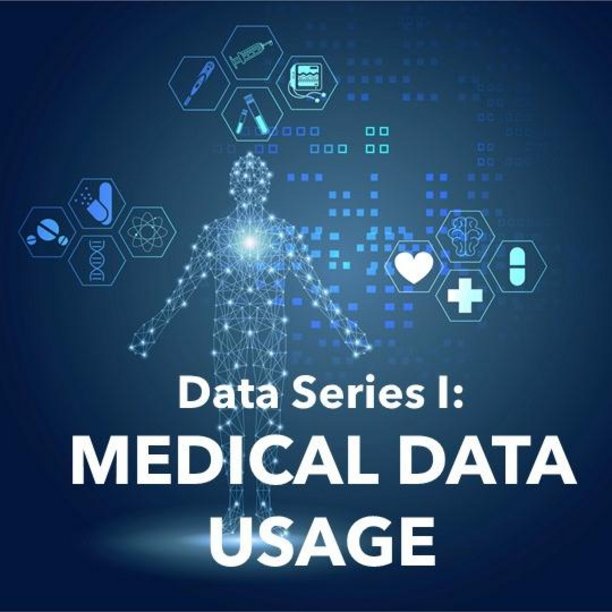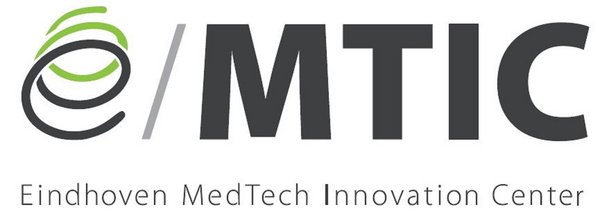Given that the main purpose of e/MTIC is to provide a “Fast track to clinical innovation”, Artificial Intelligence is an extremely important instrument to support this goal. Both in clinical decision support in general, and in-patient monitoring and image analysis in particular, novel AI techniques provide powerful approaches to identify patient deterioration at an earlier stage, diagnose conditions more accurately, better guide treatment, and improve secondary prevention.
ICAI is a Dutch network aimed at technology and talent development between knowledge institutes, industry, and government in the area of artificial intelligence.
e/MTIC AI Health projects
Many of the e/MTIC researchers are currently working on and implementing analysis techniques and (prediction) algorithms for improved (patient) monitoring and diagnosis and to help optimize individual treatment strategies in collaboration with many medical specialists.
e/MTIC Research with focus on AI | |
| Ben Luijten | |
| Chenyan Huang | |
| Dandan Zhang | |
| Dennis van de Sande | |
| Frederique de Raat | |
| Hans van Gorp | |
| Ivar de Vries | |
| Jaap van der Aar | |
| Julian Merkofer | |
| Kirsten Maas | |
| Lotte Ewals | |
| Mark Ramaekers | |
| Roy van Mierlo | |
| Terese Hellström | |
| Tom Bakkes | |
| Tristan Stevens | |
| Victoria Bruno | |
| Vincent van de Schaft | |
| Wessel Nieuwenhuy | |
| Zheng Peng |
Our team
Partners
Contact
-
Academic Director
Frans van de Vosse -
Academic Director
Jan Bergmans

